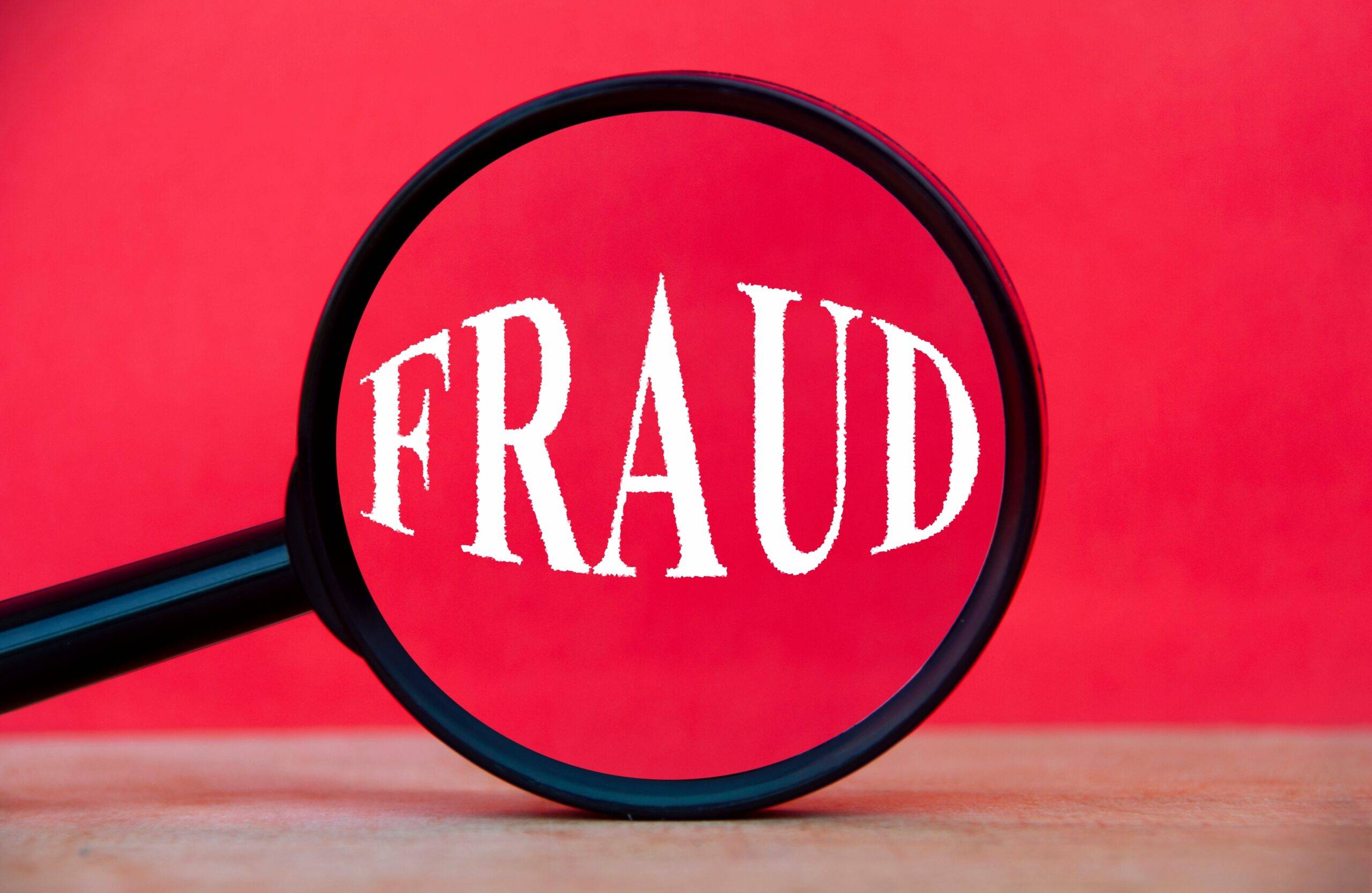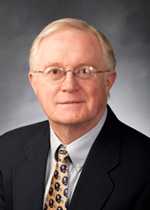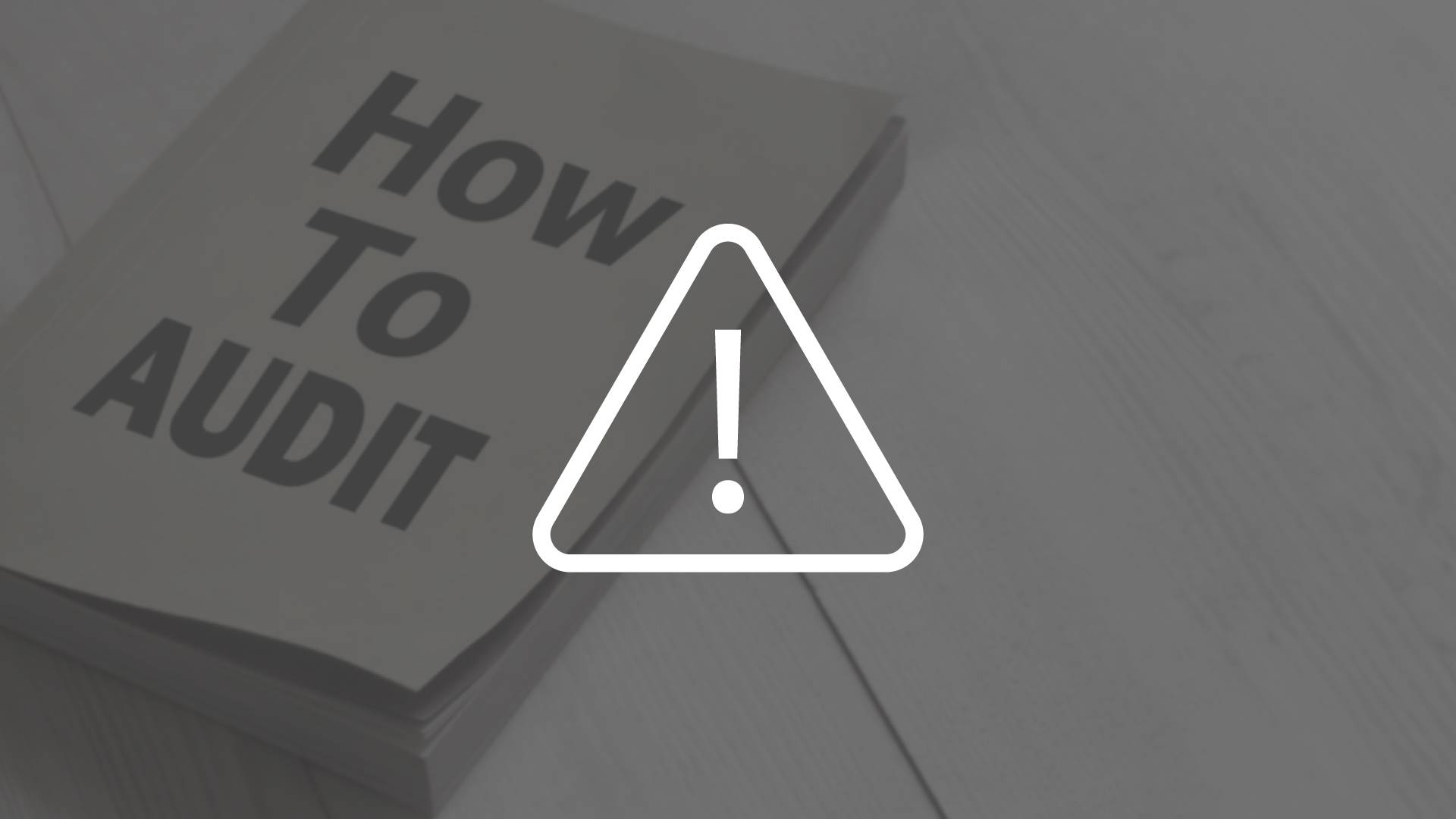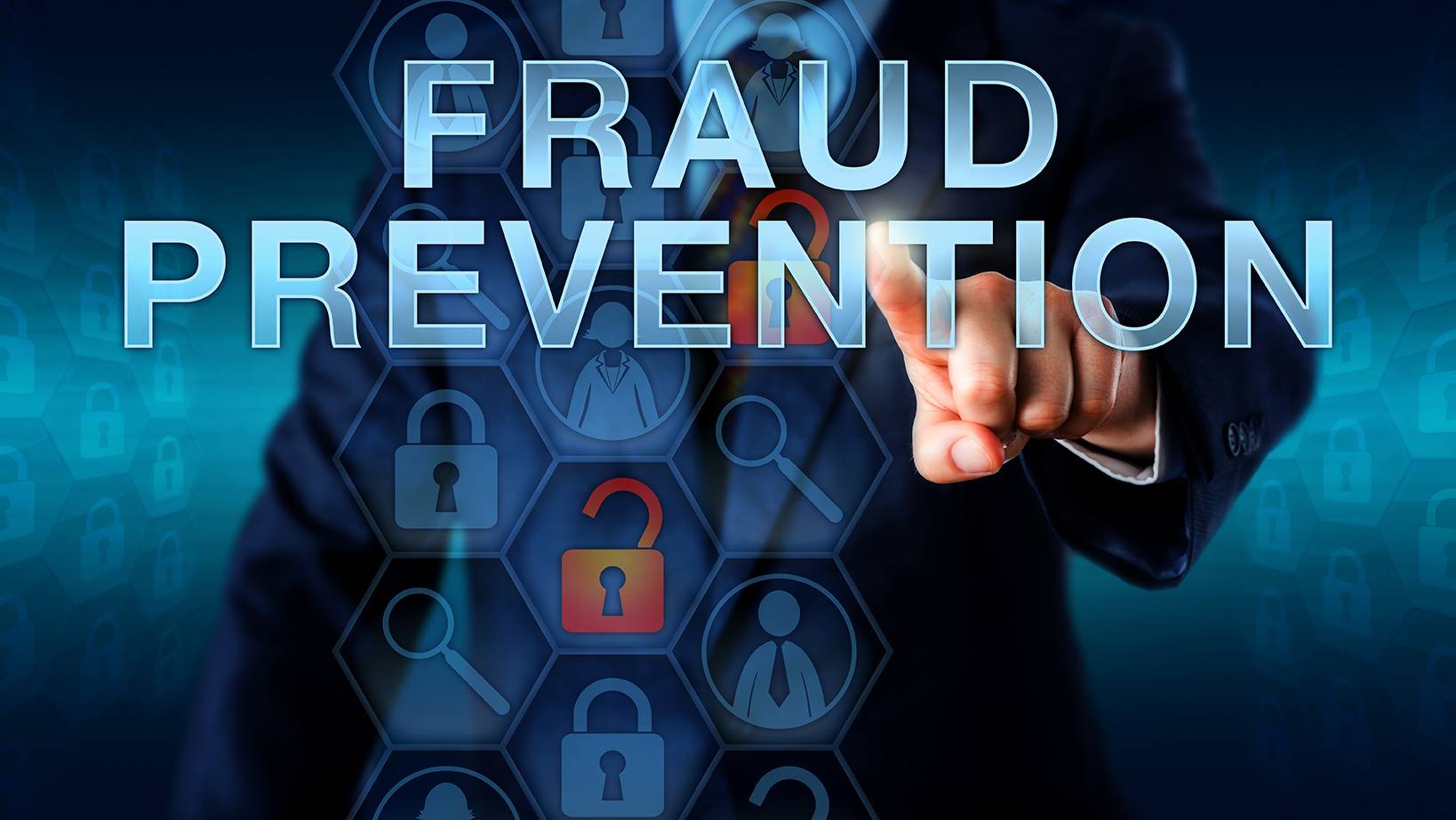Self-Study
Assessing Fraud Risks: Understanding Common Fraud Schemes
Identify fraud schemes and the characteristics of fraud implementing effective auditing tactics.

$203.00 – $233.00
Webcasts are available for viewing Monday – Saturday, 8am – 8pm ET.
Without FlexCast, you must start with enough time to finish. (1 Hr/Credit)
Please fill out the form below and we will reach out as soon as possible.
CPE Credits
7 Credits: Auditing
Course Level
Basic
Format
Self-Study
Course Description
Auditing can often feel like navigating through a maze, with the ever-present risk of fraud lurking around each corner. It’s a world where missing even the smallest detail can lead to significant repercussions. Understanding the intricacies of fraud is crucial for every auditor, but the complexity of fraud schemes and the legalities involved can be overwhelming.
Our fraud CPE course, “Assessing Fraud Risks: Understanding Common Fraud Schemes,” is the solution to this conundrum. Taught by Marshall Romney, this auditing CPE course provides a thorough walkthrough of the auditing process, emphasizing the identification and analysis of fraud. You’ll learn about real-life fraud cases, which will sharpen your skills in detecting and understanding fraud patterns. The audit CPE also delves into critical legal requirements for auditors, ensuring you’re well-versed in SAS No. 82, 99, and AU-C 240. By the end of this course, you’ll be adept at organizing and implementing effective audits, fully aware of your roles and limitations as an auditor.
Learning Objectives
Upon successful completion of this course, participants will be able to:
Chapter 1
- Define fraud.
- List the conditions necessary to commit fraud.
- Identify the types of misstatements that occur when fraud is committed.
- Cite the requirements outlined in SAS No. 82 and 99 as well as AU-C 240.
Chapter 2
- Identify fraudulent financial reporting risk factors, which include pressure/incentive risk factors, opportunity risk factors, and attitude/rationalization risk factors.
Chapter 3
- State the risk factors associated with the misappropriation of assets, including pressure/incentive risk factors, opportunity risk factors, attitude/rationalization risk factors, and other asset appropriation risk factors.
Chapter 4
- Identify audit planning requirements.
- Cite the types of inquiries and analytical procedures that should be made to obtain information to identify fraud risks.
- List the factors that should be considered when identifying risks.
- Name the requirements for assessing the identified risks.
Chapter 5
- Identify responses to risks that threaten the nature, timing, and extent of the audit procedures, and the misappropriation of assets and fraudulent financial statement fraud risks.
- List various types of inventory fraud and identify responses auditors should consider when investigating inventory-fraud risk.
Chapter 6
- List the methods companies use to commit revenue-recognition fraud.
- List techniques auditors can use to identify these risks.
Chapter 7
- Cite the most likely occurrences of fraudulent or inadequate disclosures and audit procedures to detect them.
- Identify how companies conceal off-the-book information and how management estimates are used to manipulate earnings.
- Cite responses to the risk of management overriding controls.
Chapter 8
- Determine audit test results by assessing fraud risks.
- Utilize analytical procedures to detect fraud.
- Identify fraud risk at the end of the audit.
- Identify misstatements that may be the result of fraud.
- List fraud findings, documentation requirements, and steps an auditor can take to acquire further knowledge about fraud.
Course Specifics
9153044
February 6, 2023
There are no prerequisites.
None
160
Compliance Information
Qualifies for CA Fraud Credits: 7
CFP Notice: Not all courses that qualify for CFP® credit are registered by Western CPE. If a course does not have a CFP registration number in the compliance section, the continuing education will need to be individually reported with the CFP Board. For more information on the reporting process, required documentation, processing fee, etc., contact the CFP Board. CFP Professionals must take each course in it’s entirety, the CFP Board DOES NOT accept partial credits for courses.
Meet The Experts

Marshall Romney, CPA, PhD, CFE, is the John and Nancy Hardy Professor of Accounting and Information Systems in the Marriott School of Management at Brigham Young University (BYU). He holds a bachelor’s and a master’s degree from BYU. Upon graduation, Marshall worked as an auditor with Touche Ross & Co. in Los Angeles. Marshall left public accounting to earn a PhD in accounting from the University of Texas at Austin. At Texas, Marshall was twice awarded the Arthur Andersen Accounting Excellence Award and was awarded a dissertation grant from R. D. Irwin. Marshall has published 25 books, including the leading …
Related Courses
-
 Auditing
Auditing
Computer Fraud and Abuse
Marshall Romney, CPA, PhD, CFE QAS Self-Study
Credits: 6 $174.00
QAS Self-Study
Credits: 6 $174.00$174.00 – $204.00
-
 Auditing
Auditing
How to Audit for Fraud
Steven M. Bragg, CPA QAS Self-Study
Credits: 3 $87.00
QAS Self-Study
Credits: 3 $87.00$87.00 – $107.00
-
 Auditing
Auditing
Fraud Prevention, Detection, and Audit
Marshall Romney, CPA, PhD, CFE QAS Self-Study
Credits: 9 $261.00
QAS Self-Study
Credits: 9 $261.00$261.00 – $291.00
